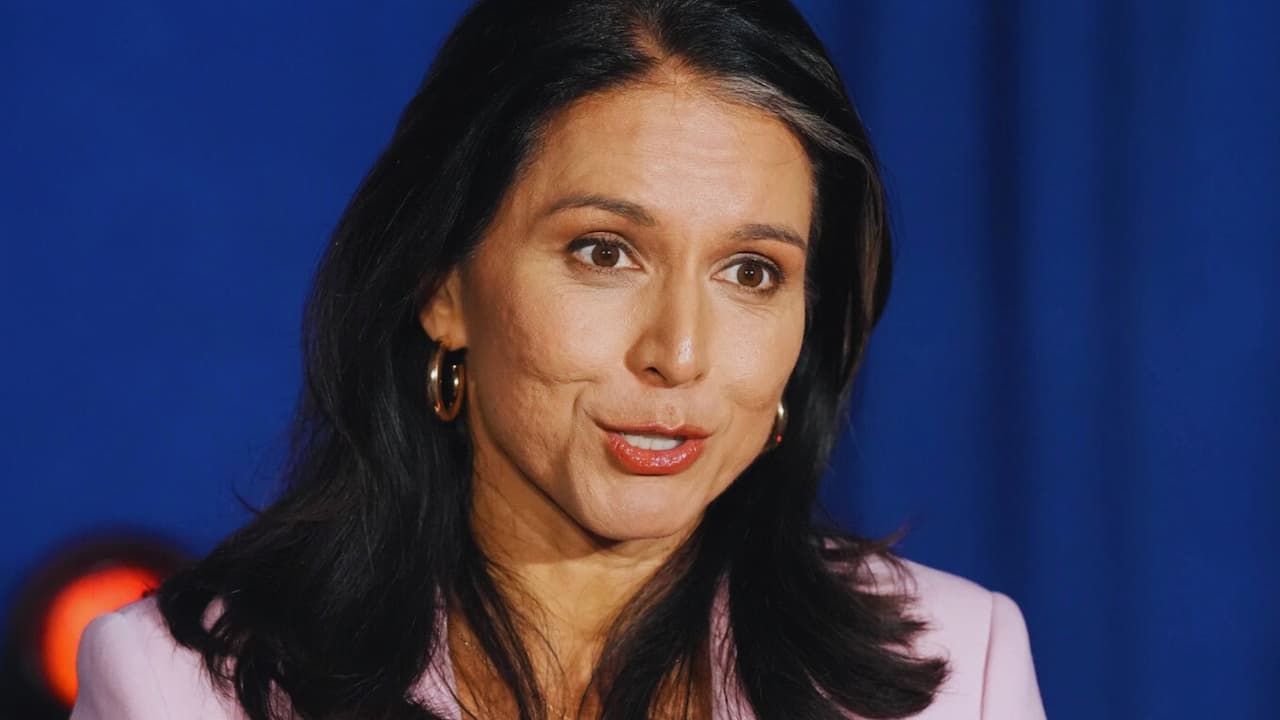Trump’s Intel Pick Gabbard Under Fire: Past Russia Stance Raises National Security Concerns
In a move that has sent shockwaves through Washington’s political corridors, President-elect Donald Trump’s nomination of Tulsi Gabbard as the next Director of National Intelligence has ignited fierce debate over national security implications. The former Democratic congresswoman from Hawaii, known for her controversial stance on Russia, now faces intense scrutiny from both sides of the aisle.
Key Security Concerns Emerge
Gabbard’s past statements, particularly her 2022 comments about U.S.-funded biolabs in Ukraine, are causing concern among national security experts. These labs, which Moscow claimed were developing bioweapons, served as one of Russia’s main justifications for invading Ukraine.
While the labs are actually part of a legitimate international disease control effort, Gabbard’s apparent alignment with Russian narratives has troubled many observers.
Former Trump Official Sounds Alarm
John Bolton, Trump’s former national security adviser, didn’t mince words: “Gabbard, like Gaetz, is like a hand grenade ready to explode.” He warned fellow Republicans about the risks of supporting such controversial nominations, suggesting it could damage their historical legacy.
International Allies Watch Closely
The nomination has sparked concern among America’s closest intelligence partners. The Five Eyes alliance—comprising the U.S., UK, Australia, New Zealand, and Canada—faces potential challenges.
Thomas Juneau, a former Canadian defense analyst, warns of possible disruptions to intelligence sharing, noting that trust forms the bedrock of these crucial partnerships.
Congressional Response
Democratic lawmakers have been particularly vocal in their opposition. Senator Elizabeth Warren questioned the wisdom of giving Gabbard access to national secrets, while Representative Madeleine Dean criticized the nomination as “not a serious pick” for an “extraordinarily important position.”
Gabbard’s Controversial Track Record
- Met with Syrian President Bashar Assad in 2017
- I endorsed Russian justifications for the invasion of Ukraine.
- Criticized U.S. support for Ukraine
- Left the Democratic Party in 2022
- He rose to prominence in conservative media
Looking Ahead
The nomination faces a challenging path through Senate confirmation. Republican Senator John Cornyn, while expressing confidence in Gabbard’s patriotism, acknowledged the need to address her past comments during the confirmation process.
European Reaction
Following President Biden’s recent debate performance and Vice President Harris’s emergence as the Democratic nominee, European allies, led by French President Emmanuel Macron, are already exploring ways to reduce dependence on U.S. intelligence cooperation.
The Stakes
As director of national intelligence, Gabbard would oversee 18 different intelligence agencies and have access to America’s most sensitive secrets. Expect her confirmation hearings to heavily focus on her past statements about Russia, Syria, and U.S. foreign policy.
The debate over Gabbard’s nomination highlights deeper questions about America’s intelligence leadership, national security priorities, and relationships with both allies and adversaries.
As the confirmation process approaches, both supporters and critics agree: the outcome will significantly impact U.S. intelligence operations and international partnerships for years to come.
